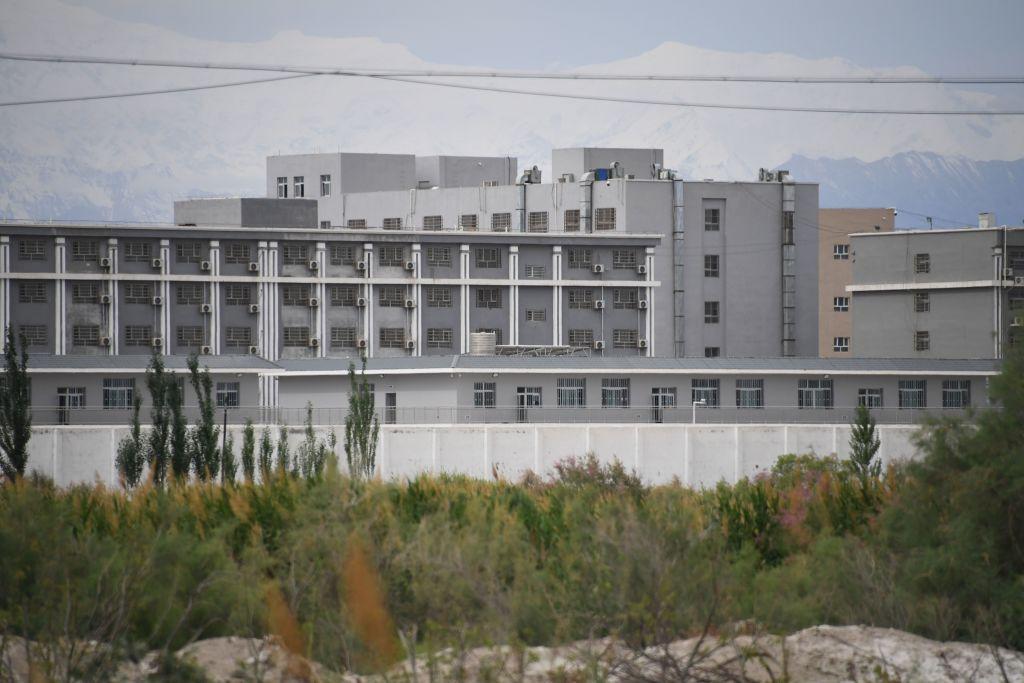Sen. Marco Rubio (R-Fla.) and Rep. Jim McGovern (D-Mass.) are questioning U.S. chipmakers Intel and Nvidia, about their semiconductor chips allegedly being used in Chinese computing systems to conduct mass surveillance in far-western China’s Xinjiang region.
The two congressmen raised several questions in two letters to Bob Swan and Jensen Huang, who are the chief executive officers of Intel and Nvidia, respectively, according to a Dec. 8 statement.





